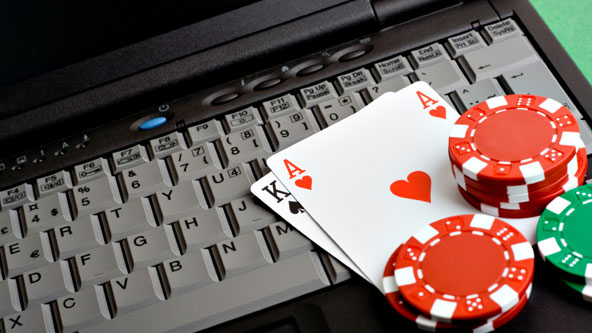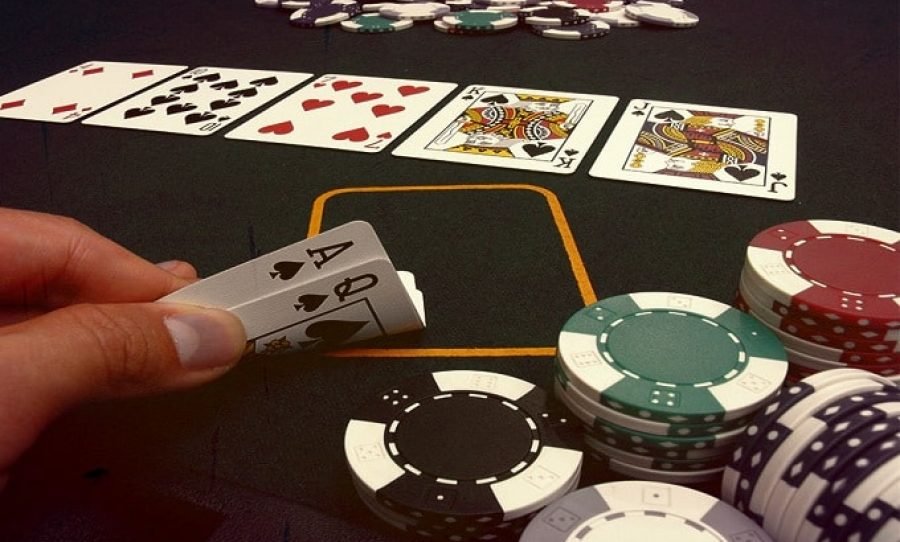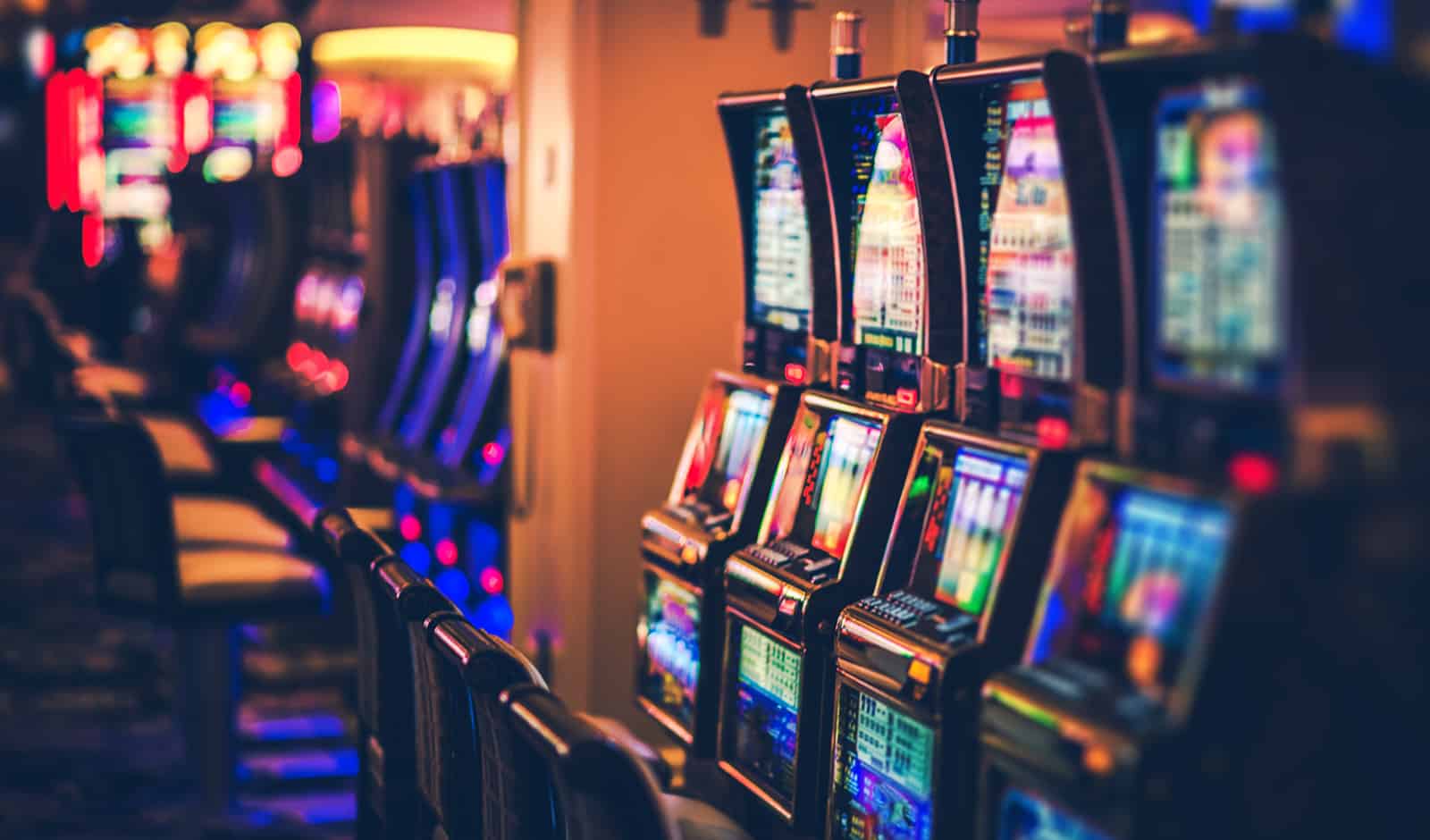
Public opinion significantly influences sports betting markets, sometimes leading to outcomes that defy statistical logic. Driven by emotions, media narratives, and cognitive biases, bettors—professional and amateur—help to create these markets with their combined decisions. These factors highlight the importance of understanding betting biases, as it can offer valuable insights into the psychological aspects of betting behavior, the fluctuations of specific betting odds, and how these biases can lead to market mispricing.
The Role of Herd Mentality
The herd mentality—where bettors follow the mob instead of basing judgments on data or rigorous analysis—is among the most important public prejudices in sports betting markets. Many times, when a lot of people support a given team or event, bookmakers change their odds to draw bets on the opposing side, therefore guaranteeing balanced action. In the betting environment, the fear of missing out (FOMO) is a strong motivator that drives people to make wagers depending more on popular opinion than on objective judgments. As more people gravitate toward one side, the odds might change to benefit smart bettors who find the mispricing.
Media Influence and Cognitive Biases
Public attitude toward sporting events is much shaped by media narratives. Stories of injuries, underdog victories, or great performances can drastically change opinions and inspire gamblers to lay wagers depending on emotional reactions. Media coverage sometimes magnifies cognitive biases, including confirmation bias, in which bettors search for data supporting their preconceptions. A story where an underdog is “on a hot streak,” for instance, can cause an overvaluation of that club and result in a public betting flood.

The Overreaction to Recent Events
Sports bettors often overreact to recent events, which can cause significant changes in the betting markets. The conclusion of one game, particularly one with an unexpected result, can set off a reflexive response from the public betting. For example, bettors may wager anticipating success to continue even if the team’s entire performance does not justify such optimism if it loses an upset game. This overreaction can lead to market inefficiencies whereby smart bettors can profit from the misjudgment while chances are momentarily distorted.
Influence of Emotional Betting
Many sports bettors make selections based in great part on their emotions. Emotionally committed fans of a team are more prone than objective thinkers to base bets on their preferences. This kind of emotional betting is seen when people gamble on their preferred team independent of the odds or the team’s real chances of winning. By raising the chances in favor of the club with the most loud or passionate fan base, this behavior skews the sports betting market. Such prejudices give more logical bettors chances to win by spotting when public attitude drives odds away from their actual worth.
The results of sports betting markets are much shaped by public bias, understanding betting biases is crucial, as they frequently result in mispricing and inefficiencies. From herd mentality and emotional betting to the reactivity to recent events, these prejudices affect how odds change and where bettors lay their money. Understanding the psychological elements behind public behavior will help bettors negotiating these markets have an advantage.








































